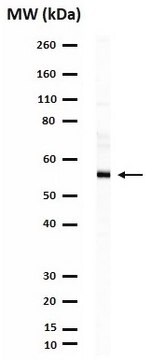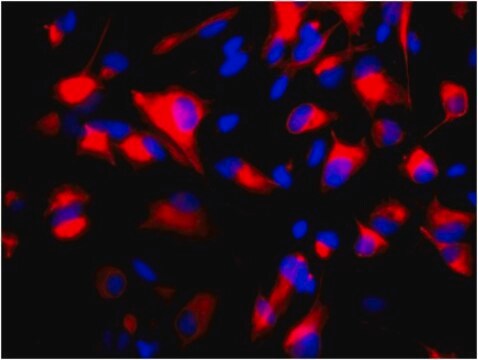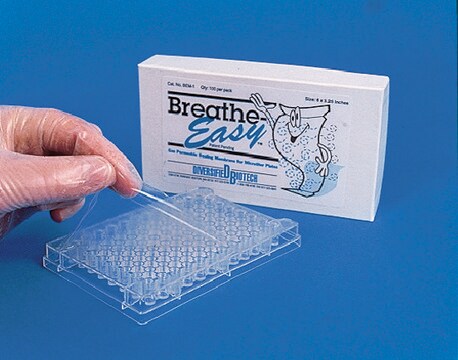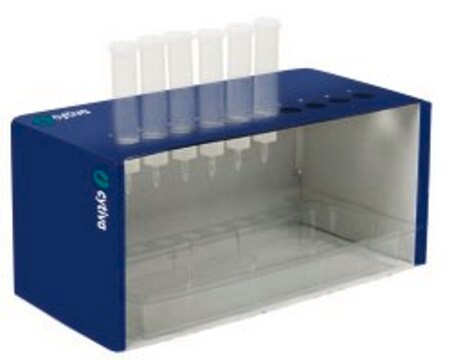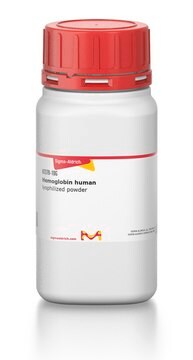MABC166
Anti-Angiogenin Antibody, clone 26–2F (Azide Free)
clone 26-2F, from mouse
Sinónimos:
Angiogenin, Ribonuclease 5, RNase 5
About This Item
Productos recomendados
biological source
mouse
Quality Level
antibody form
purified antibody
antibody product type
primary antibodies
clone
26-2F, monoclonal
species reactivity
human
technique(s)
immunocytochemistry: suitable
immunohistochemistry: suitable
inhibition assay: suitable
isotype
IgG1κ
NCBI accession no.
UniProt accession no.
shipped in
wet ice
target post-translational modification
unmodified
Gene Information
human ... ANG(283)
General description
Immunogen
Application
Inhibition Assay: A representative lot of this antibody inhibited ribonucleolytic activity (Piccoli et al., (1998) Proc. Natl. Acad. Sci. 95:4579–4583).
Immunohistochemistry Analysis: A representative lot of this antibody detected Angiogenin in Neovessels of cancer tissue (Tsuji et al., (2005) Cancer Res. 65:1352-1360).
Immunocytochemistry Analysis: A representative lot of this antibody detected Angiogenin in HeLa and Huvec cells (Tsuji et al., (2005) Cancer Res. 65:1352-1360).
Apoptosis & Cancer
Apoptosis - Additional
Quality
Immunocytochemistry Analysis: A 4 µg/mL of this antibody detected Angiogenin in Angiogenin-treated and untreated HeLa Cells. HeLa cells that were treated with Angiogenin up-took the protein and translocated it to the nucleus. Untreated HeLa cells did not exhibit any Angiogenin protein signal.
Target description
Physical form
Storage and Stability
Handling Recommendations: Upon receipt and prior to removing the cap, centrifuge the vial and gently mix the solution. Aliquot into microcentrifuge tubes and store at -20°C. Avoid repeated freeze/thaw cycles, which may damage IgG and affect product performance.
Other Notes
Disclaimer
¿No encuentra el producto adecuado?
Pruebe nuestro Herramienta de selección de productos.
Storage Class
12 - Non Combustible Liquids
wgk_germany
WGK 2
flash_point_f
Not applicable
flash_point_c
Not applicable
Certificados de análisis (COA)
Busque Certificados de análisis (COA) introduciendo el número de lote del producto. Los números de lote se encuentran en la etiqueta del producto después de las palabras «Lot» o «Batch»
¿Ya tiene este producto?
Encuentre la documentación para los productos que ha comprado recientemente en la Biblioteca de documentos.
Nuestro equipo de científicos tiene experiencia en todas las áreas de investigación: Ciencias de la vida, Ciencia de los materiales, Síntesis química, Cromatografía, Analítica y muchas otras.
Póngase en contacto con el Servicio técnico